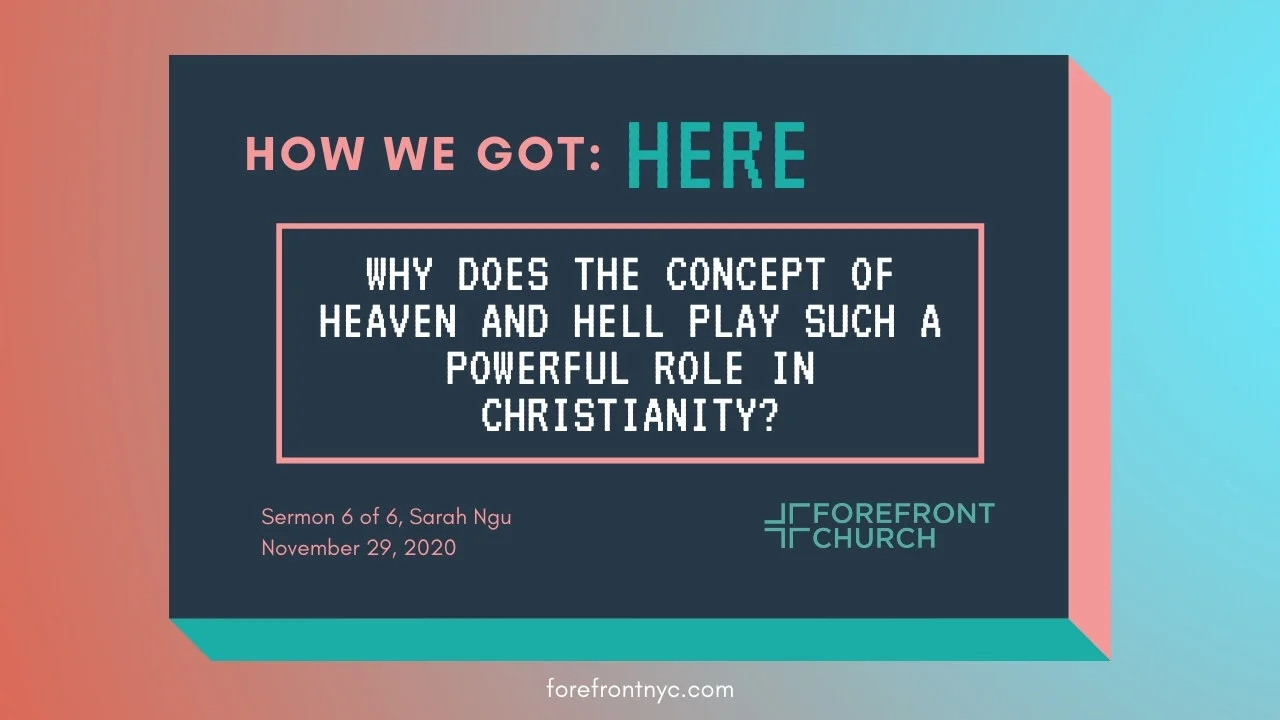The opposite of fear is saying yes to living fully.
The future is unknown. That scares the crap out of us. What do we do in the face of the unknown?
Jonathan Williams shares that the way forward is not fear, it’s faith. Faith is a choice to take action and move forward even when there is nothing guaranteed. To make the conscious choice to believe just for today that the great I AM is at work in our fears and in our unknowns. The opposite of fear is saying yes to being made in the image of God, of living fully alive, warts and all.
This is the fifth and final sermon in our “This Feeling's Got Me Like...” series.
Read More




















